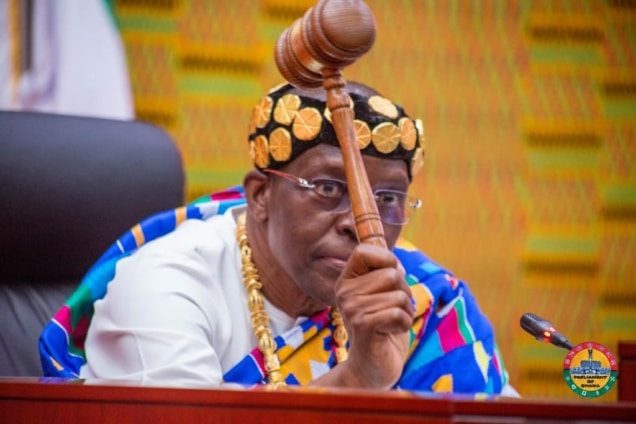The indefinite adjournment of Ghana’s Parliament by Speaker Alban Bagbin has stirred up fresh debates about the country’s political landscape and the possible ripple effects this could have on the 2024 elections. The Speaker’s decision, announced on October 22, 2024, comes after weeks of escalating tensions, culminating in a Supreme Court ruling on the participation of four Members of Parliament whose positions had been challenged. The adjournment—technically termed sine die, meaning “without a set date to reconvene”—has left political analysts and citizens alike questioning whether this was a necessary procedural move or a tactical ploy amid deep political fragmentation.
Context of the Parliamentary Deadlock
The trigger for this dramatic decision lies in disputes over party affiliations among four MPs. The political atmosphere has been charged, with each side—the ruling New Patriotic Party (NPP) and the opposition National Democratic Congress (NDC)—jostling for parliamentary dominance as the 2024 general elections approach. The Supreme Court had intervened, instructing Parliament to recognize the four MPs who had declared themselves independent but were previously aligned with the NPP. This legal intervention has only deepened the existing cracks within the NPP, as two of the MPs plan to contest as independents in the upcoming elections, further weakening the party’s parliamentary majority.

While Bagbin justified the adjournment by citing the need for clarity in the composition of Parliament, critics argue that this decision only exacerbates the existing political impasse. With the NDC occupying the majority side of Parliament during the announcement, and the NPP members retreating to their offices, it has become clear that both parties are entrenched in their positions, unwilling to reach a consensus.
The Broader Implications for Democracy
This gridlock raises several critical concerns about Ghana’s democratic institutions and their ability to function effectively. First, the indefinite adjournment disrupts the legislative process at a crucial time when laws and policies related to the 2024 elections need to be debated and enacted. Key issues such as election security, funding for electoral processes, and public sector reforms remain unresolved, raising fears of a rushed or incomplete legislative agenda once Parliament reconvenes.
Second, the adjournment also fuels concerns about public trust in democratic institutions. With public sector strikes adding to the national uncertainty, many Ghanaians are left wondering if their representatives are more focused on political maneuvering than on addressing the economic and social issues facing the country. The perception of a dysfunctional Parliament could erode confidence in the electoral process, ultimately affecting voter turnout in the 2024 elections.
Strategic Move or Political Stalemate?
Some political analysts believe that Speaker Bagbin’s decision to adjourn Parliament indefinitely could be a strategic move aimed at forcing both parties to come to the negotiating table. By suspending the legislative process, Bagbin may be creating space for internal party reforms and encouraging dialogue between the factions. However, this optimistic view is tempered by the reality of deep-seated political rivalries and the shrinking window for productive legislative action before the election season fully takes over.
Whatever the intent, the indefinite adjournment has heightened political tensions and created a complex legislative backlog that could impact Ghana’s governance for months to come. The decision raises fundamental questions about the role of leadership in a polarized political climate and the ability of Ghana’s democracy to withstand such internal shocks.

